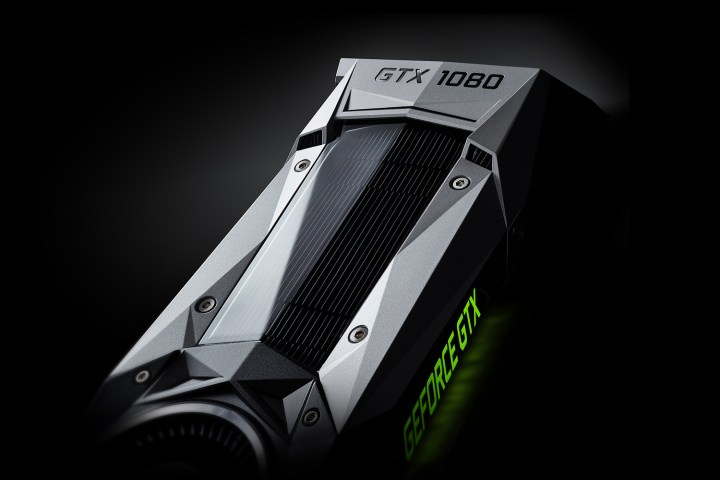
Nvidia’s Pascal lineup of graphics cards runs the gamut from low-end GTX 1050s right up to the newly announced 1080Ti. They come with a mix of GDDR5 and GDDR5X memory, the latter of which is an order of magnitude faster than the former. However, certain cards in that mix are now compatible with some faster memory options, regardless of original configurations.
The GTX 1060 will still be using GDDR5 memory, but may now come with 6GB of 9 GT/s memory, rather than 6GB of the original 8 GT/s memory. The GTX 1080s of the world, can now sport 11 GT/s GDDR5X, a 10 percent improvement over its original specifications.
Partners won’t be offering these as special-edition cards –they will merely be designated as “factory overclocked,” according to TechReport. The faster memory should be good for a few percentage points of performance, which along with any clock bumps to the core, should help cards like the GTX 1080 remain relevant now that its bigger brother has debuted — especially since Nvidia dropped the price by $100 as part of its Game Developers Conference talk.
By making this change-up optional for hardware partners, Nvidia is making it easier for them to offer a wider array of graphics cards to consumers, at more varied price points. That will help it combat AMD’s upcoming Vega cards, which many consumers are excited about. Indeed, if they manage to fulfill their promise like Ryzen seems poised to do, then Nvidia will need all the help it can get.




